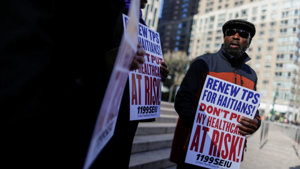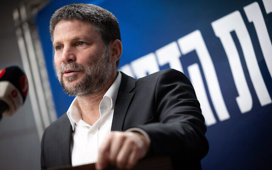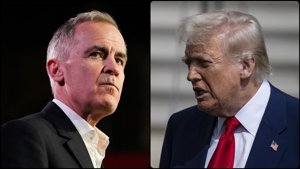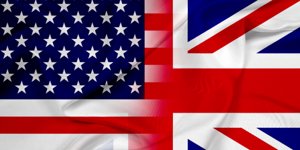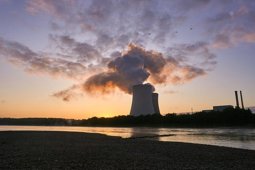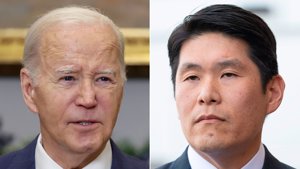
GOP Lawmakers Push Arrests Over Sanctuary Laws Amid LA Unrest
GOP lawmakers urge arrest of sanctuary state governors amid violent LA riots and legal battles over federal immigration enforcement.
Calls for Accountability as Immigration Tensions Rise
Amid intensifying clashes over federal immigration policy, Republican lawmakers are calling for the arrest of state governors who openly defy federal law. Rep. Brandon Gill of Texas, speaking Thursday during a high-profile House Oversight Committee hearing, argued that leaders of sanctuary states—such as California Governor Gavin Newsom—should face arrest if found obstructing federal immigration enforcement. “If they are openly flouting federal law and obstructing federal law enforcement, then that's something we should consider,” Gill said, emphasizing the growing divide over immigration policy nationwide.
The remarks came as Democratic governors, including New York’s Kathy Hochul, Illinois’s JB Pritzker, and Minnesota’s Tim Walz, faced tough questions from Republican members in Washington. Gill accused Governor Pritzker of supporting illegal immigration, referencing funding provided to advocacy groups opposing Immigration and Customs Enforcement (ICE). Pritzker defended his administration, noting that he supports federal immigration authorities but does not advocate for abolishing ICE.
The political dispute extends well beyond Capitol Hill. In Los Angeles, law enforcement has confronted waves of anti-ICE protests that escalated into violence over the weekend. President Donald Trump and his allies argue that Democratic leaders in California are undermining federal law and stoking disorder. Newsom’s office, however, dismissed these accusations, with a spokesperson stating, “Our state laws do not conflict with any federal law. Period. Full stop.”
Unrest and Legal Uncertainty in Los Angeles
Los Angeles Mayor Karen Bass, responding to national criticism, insisted that the recent unrest bears no resemblance to the 1992 Rodney King riots. “There is zero comparison,” Bass said, noting that the current unrest is confined to a small area of the city and does not reflect widespread chaos. Despite a curfew and the deployment of police, only five arrests were reported, with around 30 citations issued during confrontations that saw protesters throwing rocks and bottles at officers.
Bass condemned the economic impact of ICE raids, warning that key sectors—construction, fashion, and restaurants—could not function without immigrant labor. She argued that federal enforcement actions had caused “a devastating effect and has been a bodyblow to our economy.”
On Saturday, the protests turned violent as police issued a dispersal order and deployed tear gas to clear the streets. The Los Angeles Police Department warned on social media that “less lethal” munitions might be used, urging crowds to disperse as objects were thrown at officers. Both police and protesters suffered injuries in the clashes.
Legal Battles and Political Implications
Meanwhile, legal battles continue over President Trump’s authority to deploy federal forces in California. Last week, a federal judge ruled that Trump must return control of the California National Guard to Governor Newsom, but an appeals court quickly reversed that decision, allowing federal deployment to continue until further hearings.
As partisan tensions mount and street protests persist, the standoff between federal and state leaders over immigration enforcement appears far from resolved. The situation in Los Angeles has become a flashpoint for national debates about law, order, and the limits of executive authority, ensuring that the political and legal ramifications will echo far beyond California’s borders.

